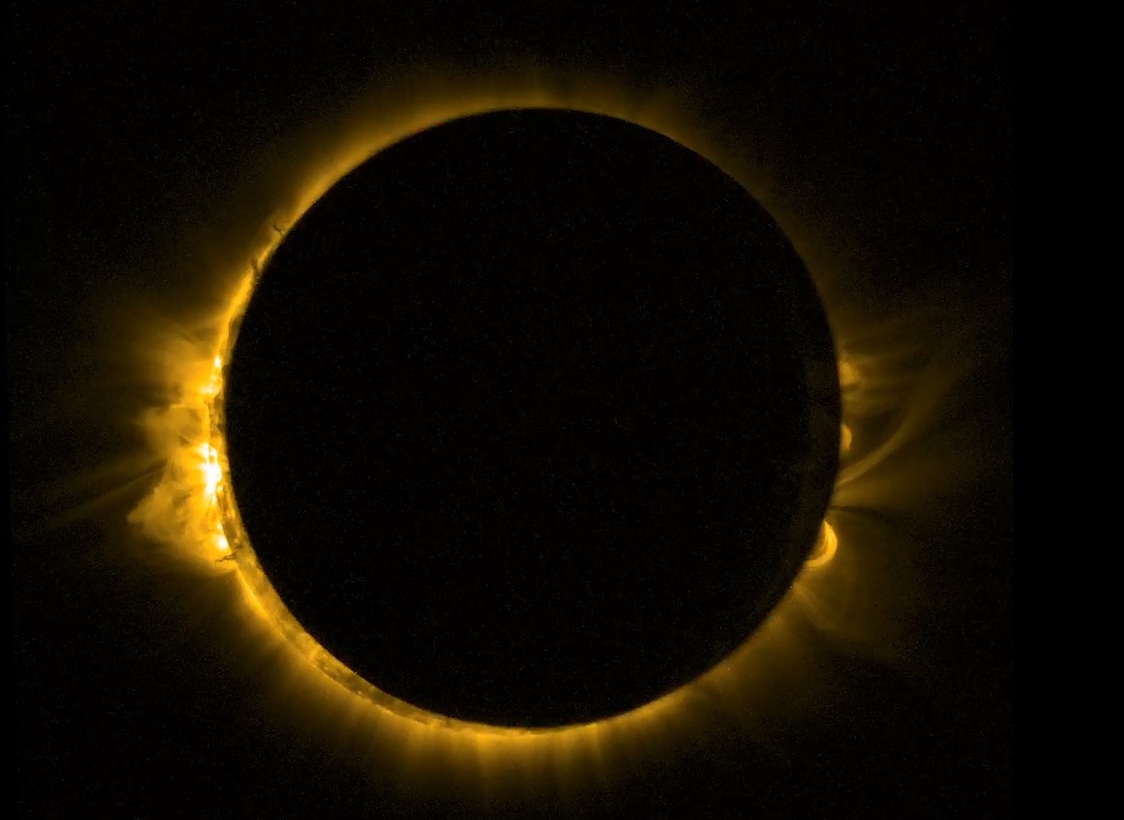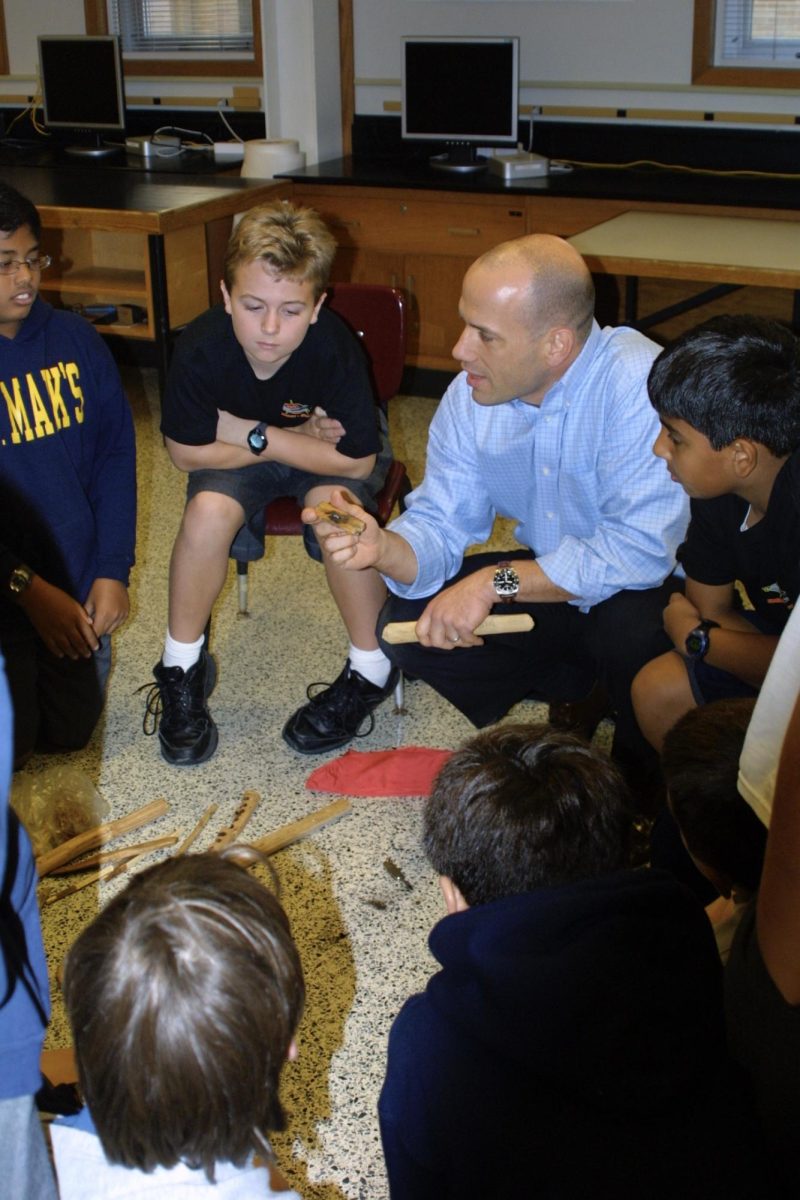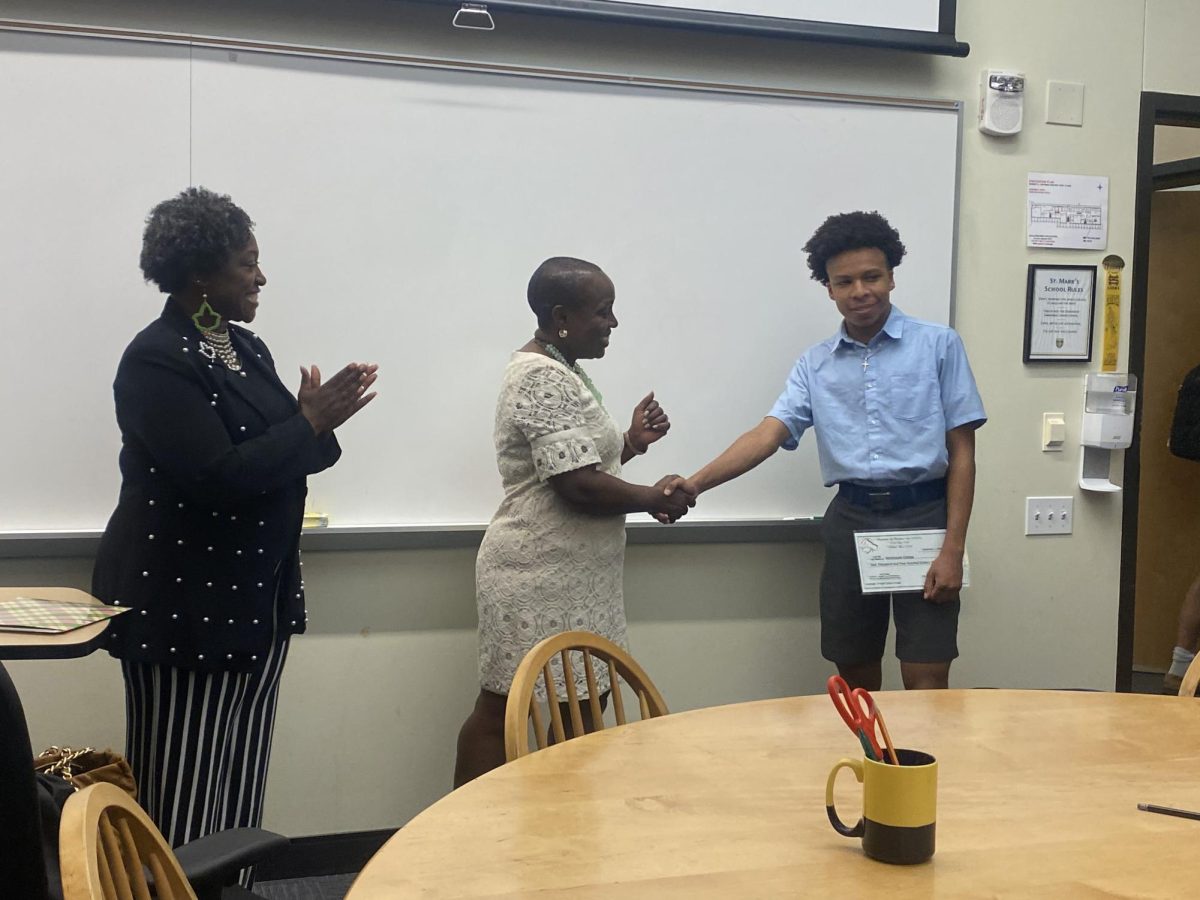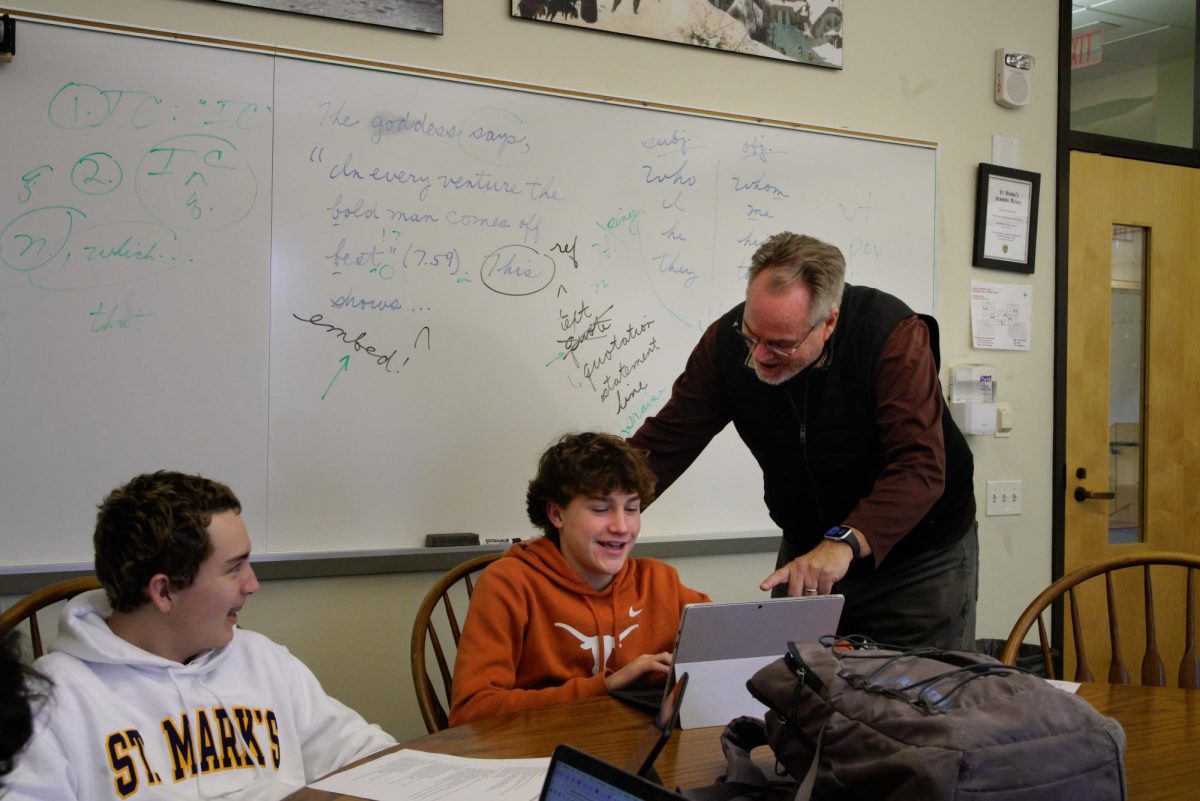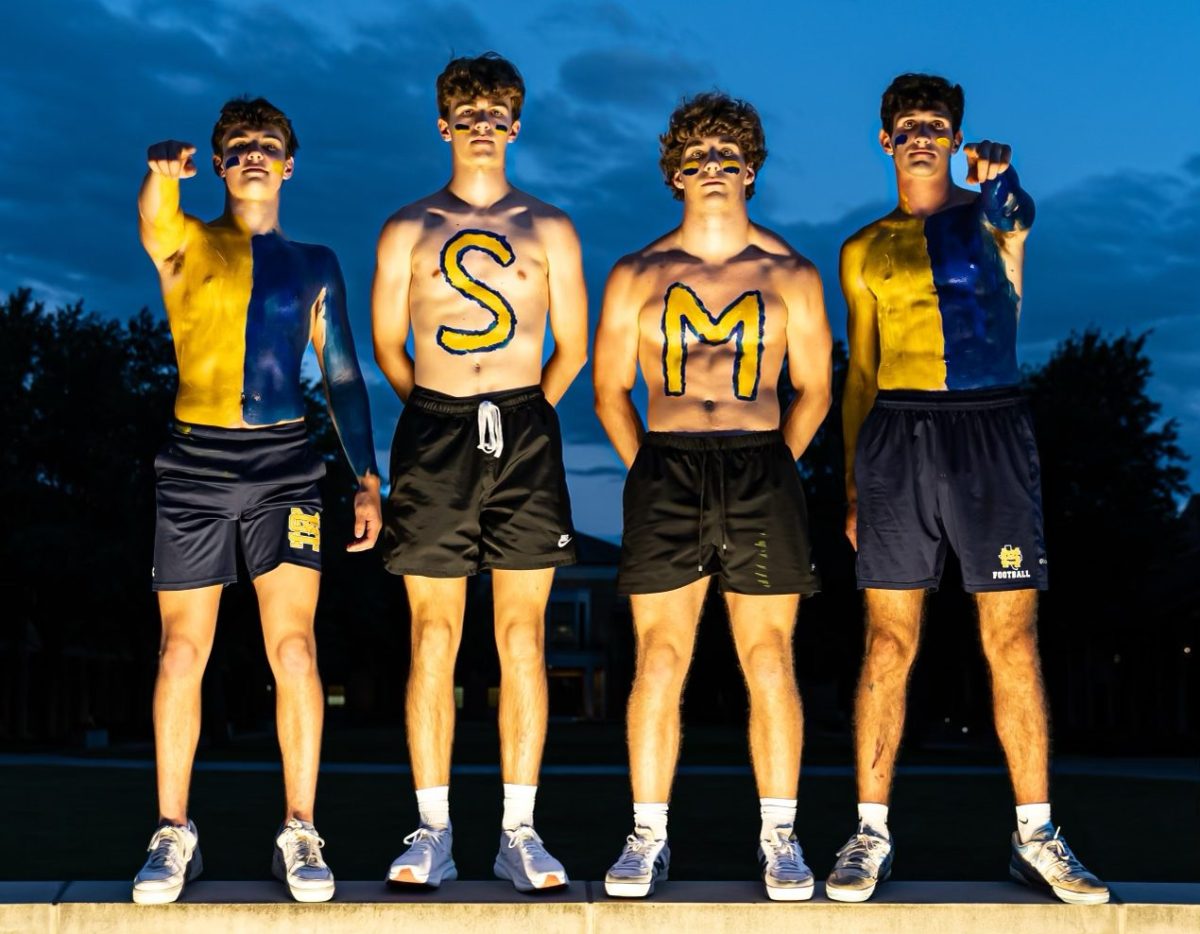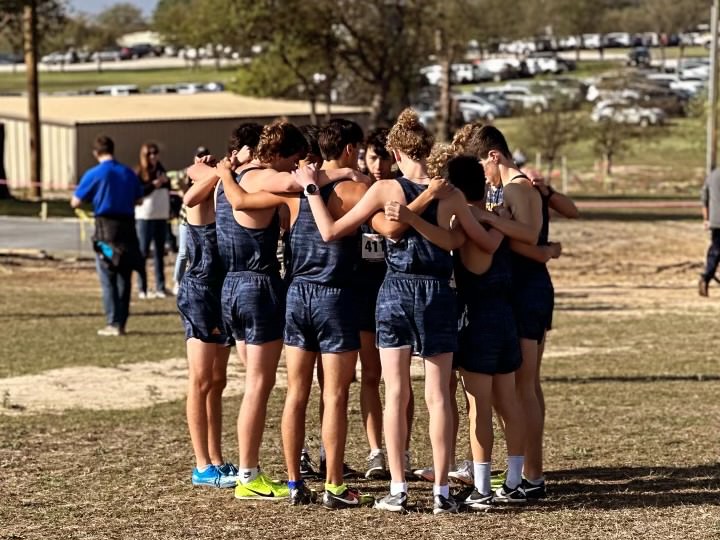It is a typical day, and students around campus eagerly count down the seconds until their B-block class ends. However, April 8, 2024, something odd will happen. The bright light shining through the classroom windows will disappear, leaving the room in darkness. For three minutes and 45 seconds, the moon will completely block out the sun, marking the first full solar eclipse in Dallas since 1878.
Usually spaced about 400 years apart, full solar eclipses are incredibly rare. People in Dallas will be fortunate enough to experience not only a full solar eclipse next April, but also a partial eclipse this October.
“You hear birds start chirping, or if there are some roosters around, they start crowing and you’ll feel it get a little bit cold,” Leonard N. “Doc” Nelson Alumni Master Teaching Chair and Planetarium Director Dr. Michael Lane said. “It is called totality when the sun is completely blocked. We’ll get a partial solar eclipse this October, So we’re gonna see a crescent Sun from our location in Dallas.”
Astronomers around North Texas are excited for the full eclipse in April because of the unique view it will provide.
“When it is finally completely blocked, it’ll be almost four minutes, and there’ll be darkness,” Dr. Lane said. “You really will feel like ‘oh, wow, this is weird.’ It’s not pitch black because you get the corona shining outside of it, but it’ll be the brightness of a full moon.”
Dr. Lane is working with the school to plan a special event for the April eclipse in hopes that Marksmen will get to experience it together.
“I’m hoping your teacher is going to let you out at the very end of the period,” Dr. Lane said. “I’ll probably get out a telescope or two and put a solar filter over them so people can look at the sun.”
This will be the only full solar eclipse this century, providing the community with a once in a lifetime experience.

